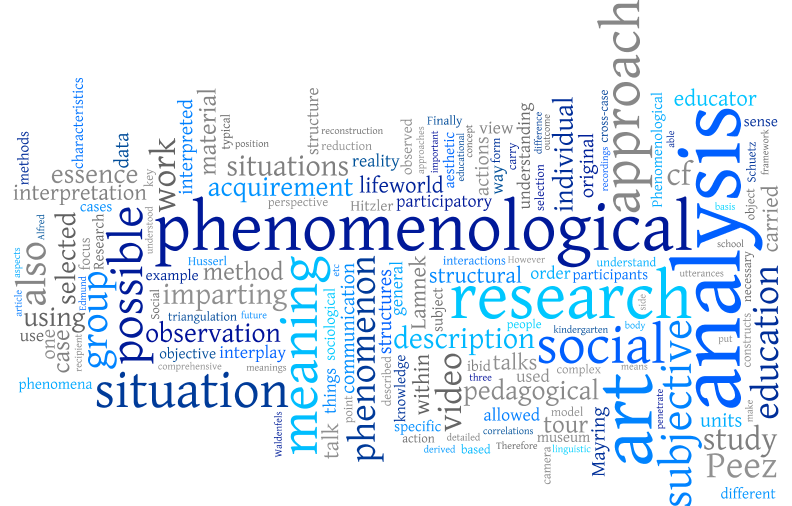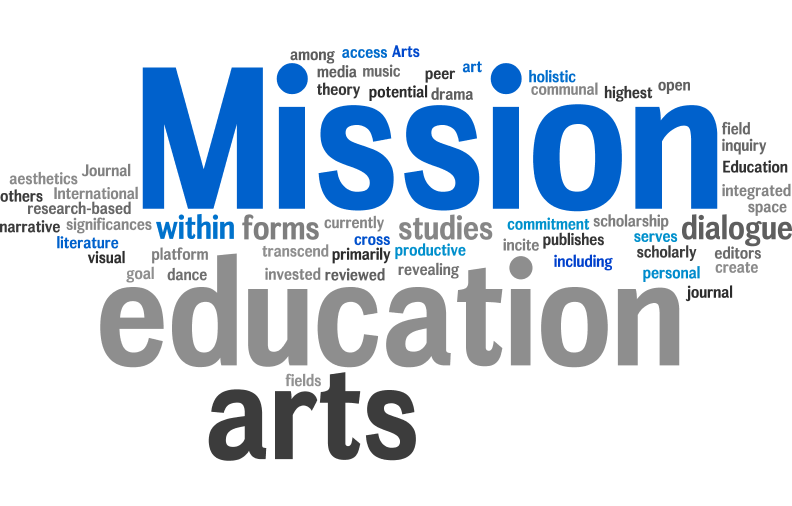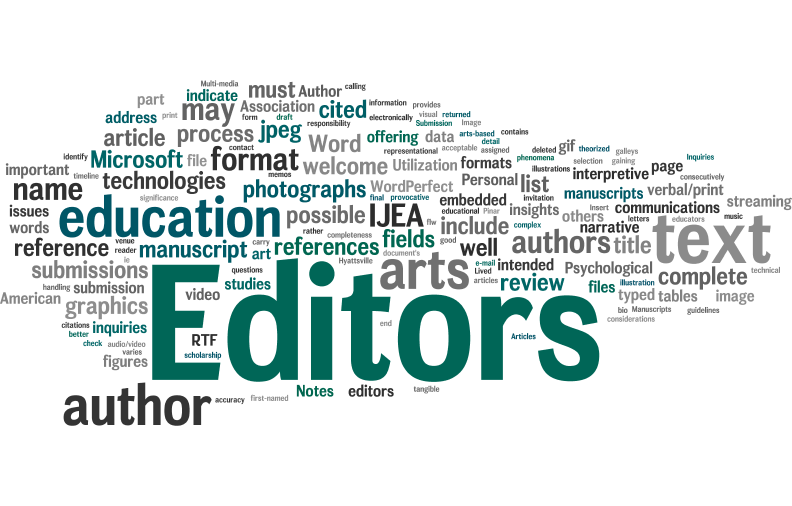| Volume 17 Number 33 | December 13, 2016 |
Social Phenomenological Analysis as a Research Method in Art Education: Developing an Empirical Model for Understanding Gallery Talks
Fabian Hofmann
Fliedner University of Applied Sciences, Germany
Citation: Hofmann, F. (2016). Social phenomenological analysis as a research method in art education: Developing an empirical model for understanding gallery talks. International Journal of Education & the Arts, 17(33). Retrieved from http://www.ijea.org/v17n33/.
Abstract
Social phenomenological analysis is presented as a research method to study gallery talks or guided tours in art museums. The research method is based on the philosophical considerations of Edmund Husserl and sociological/social science concepts put forward by Max Weber and Alfred Schuetz. Its starting point is the everyday lifeworld; the researcher interprets the phenomena that can be observed there as an individual, intersubjectively accessible reflection of subjective meaning. This approach is suitable for research projects that seek correlations and structures of certain typical situations in domains that are theoretically few prestructured. The article explains the methodological principles, the use and the profit of this research method.
Visual Abstract




